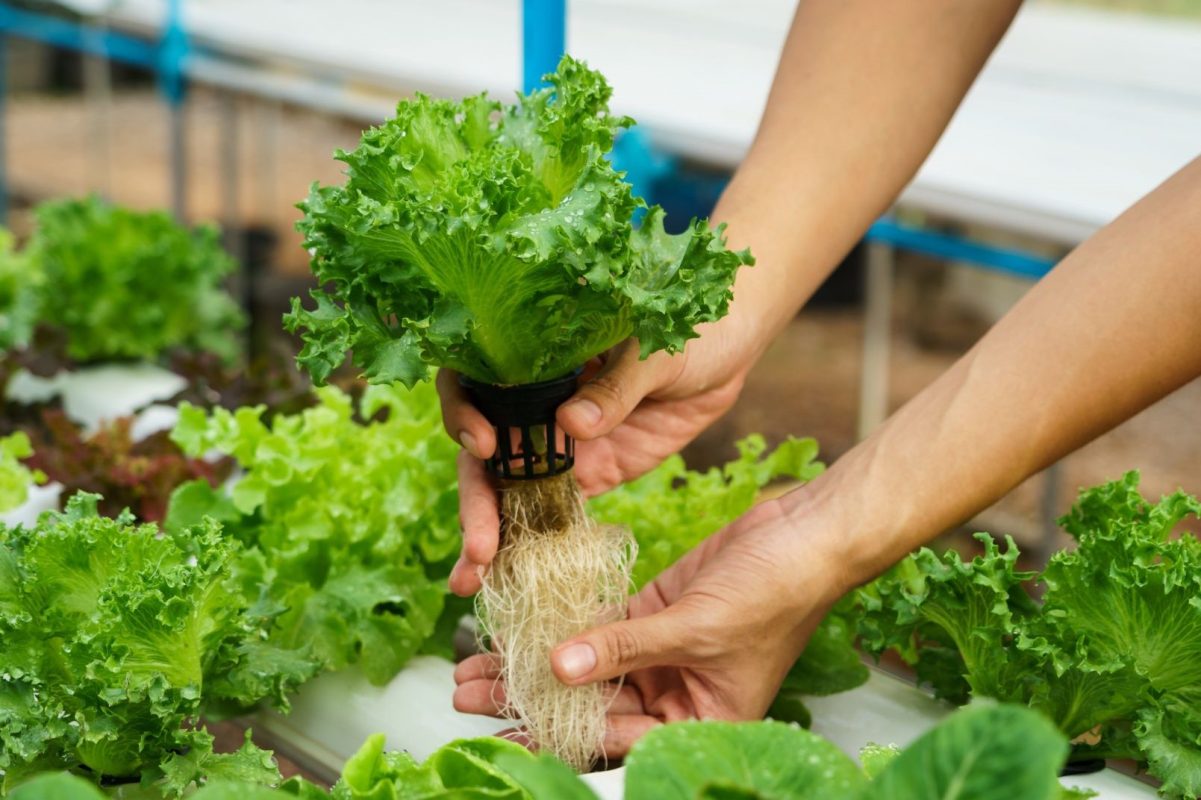YETRAC
Soilless Cultivation of Vegetable Sprouts: Notable for High Nutritional Value
Table of Contents
ToggleSoilless Cultivation of Vegetable Sprouts: Notable for High Nutritional Value
The traditional method of growing vegetables in soil has been undergoing a transformation with the emergence of soilless cultivation techniques, particularly in the production of vegetable sprouts. These tiny, tender plants are garnering attention for their exceptional nutritional content and numerous health benefits. Here’s a closer look at the soilless cultivation of vegetable sprouts and their remarkable qualities:
1. Hydroponic Systems:
Hydroponic systems, which involve growing plants in nutrient-rich water solutions without soil, are commonly used for cultivating vegetable sprouts. This method allows for precise control over nutrient levels, water, and environmental factors, leading to accelerated growth and enhanced nutrient absorption by the sprouts.
2. Aeroponics:
Aeroponic systems take soilless cultivation to another level by suspending plant roots in the air and periodically misting them with nutrient solutions. This method promotes optimal oxygenation and nutrient uptake, resulting in vigorous growth and superior nutrient density in vegetable sprouts.
3. Increased Nutritional Density:
Vegetable sprouts cultivated through soilless methods are renowned for their heightened nutritional density compared to their mature counterparts. These sprouts are packed with essential vitamins, minerals, antioxidants, and enzymes, making them a concentrated source of nutrition.
4. Rich in Phytonutrients:
Vegetable sprouts contain an abundance of phytonutrients, plant compounds known for their health-promoting properties. These phytonutrients contribute to various health benefits, including improved immune function, reduced inflammation, and enhanced detoxification.
5. Diverse Varieties:
Soilless cultivation techniques allow for the production of a wide range of vegetable sprouts, including broccoli, kale, alfalfa, radish, mung bean, and sunflower sprouts, among others. Each variety offers a unique flavor profile and nutritional composition, adding versatility to culinary creations.
6. Culinary Versatility:
Vegetable sprouts are incredibly versatile and can be incorporated into a myriad of dishes to enhance both flavor and nutritional value. They can be used fresh in salads, sandwiches, wraps, and smoothies or lightly cooked in stir-fries, soups, and omelets.
7. Sustainable and Space-Efficient:
Soilless cultivation of vegetable sprouts is inherently more sustainable than traditional soil-based farming, as it requires less water, land, and resources. Moreover, the compact nature of soilless systems allows for year-round production of fresh sprouts in urban environments and limited spaces.
In summary, the soilless cultivation of vegetable sprouts represents a modern and innovative approach to agriculture that prioritizes nutrition, sustainability, and culinary creativity. With their exceptional nutritional value and culinary versatility, vegetable sprouts are poised to play a significant role in promoting health and wellness worldwide.

